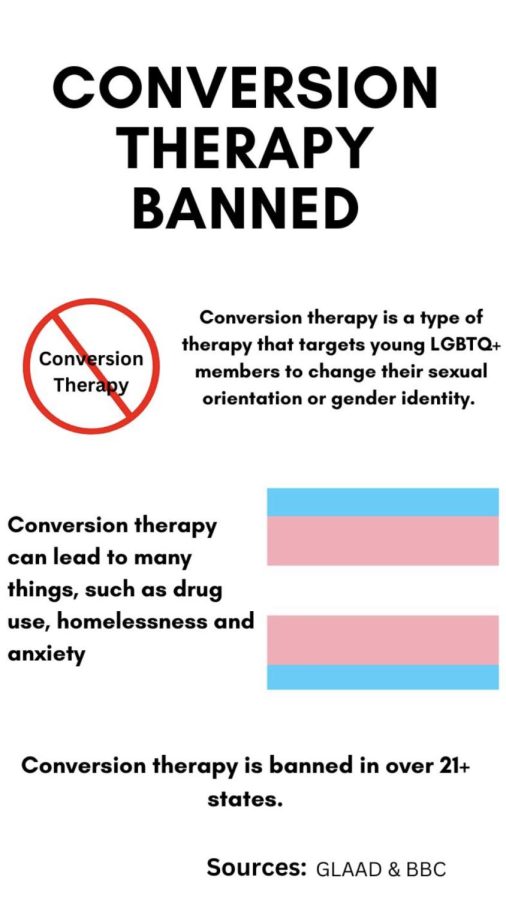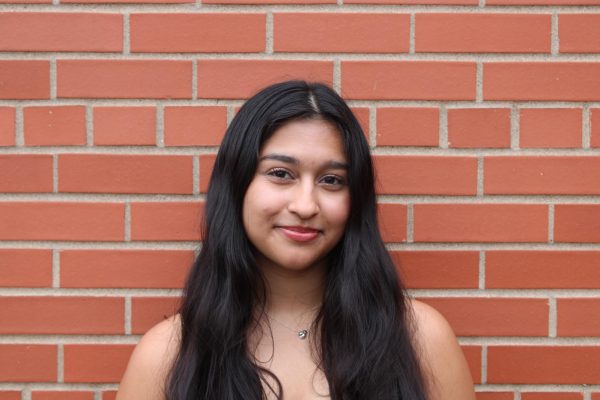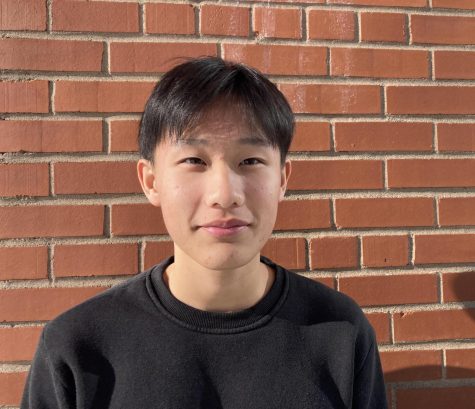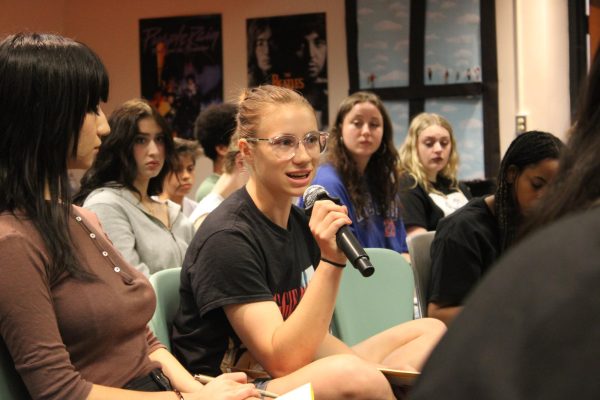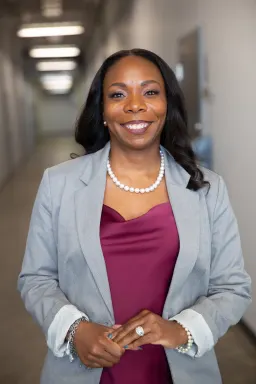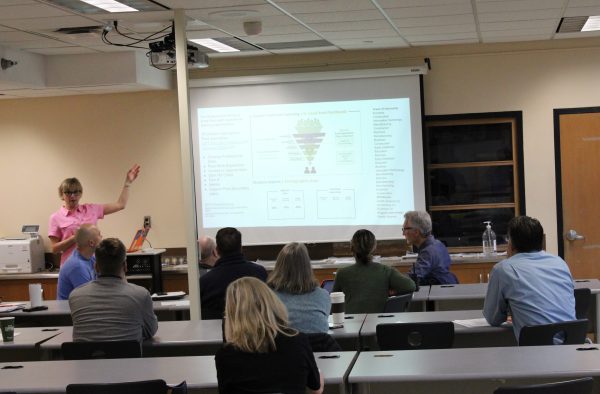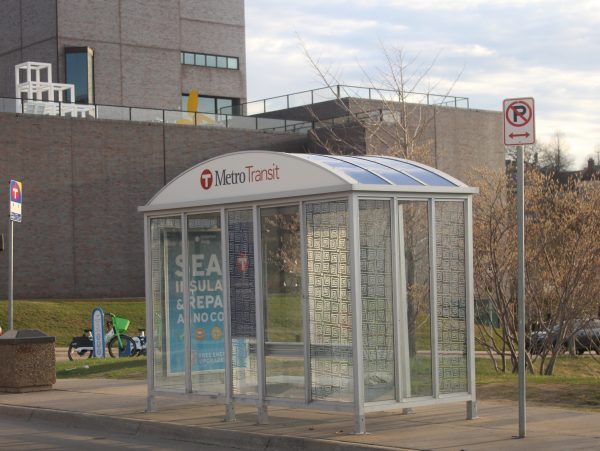Bill HF16 bans conversion therapy in Minnesota
New bill passed to end promotion, practice and support of conversion therapy
The infographic above shows how conversion therapy affects LGBTQ+ members. Conversion therapy is a practice banned in over 21 states.
May 23, 2023
Governor Tim Walz’s Executive Order 21-25 was signed with the goal of protecting Minnesotans from conversion therapy on July 15, 2021. The order defined conversion therapy as “any practice by a mental health practitioner or mental health professional that seeks to change a person’s sexual orientation or gender identity, including efforts to change behaviors or gender expressions or to eliminate or reduce sexual or romantic attractions or feelings toward people regardless of gender.” A new bill, HF16, was passed April 21 and made effective April 28. HF16 officially banned conversion therapy for children and vulnerable adults, medical assistance or coverage for conversion therapy and misrepresentation of conversion therapy services or products.
Outfront Minnesota is Minnesota’s largest LGBTQ advocacy organization. According to Outfront’s Executive Director, Kat Rohn, there has been a push to ban conversion therapy since United States v. Windsor in 2013.
“Banning conversion therapy has been a priority of Outfront Minnesota and the LGBTQ community here in the state for about a decade,” Rohn said. “The initial work on this (bill) started back in 2013, just the post marriage equality bill here in the state of Minnesota. A couple other states have been looking at bans on conversion therapy to try and mend this practice. Minnesota started exploring this around the same time, but it’s taken a little longer to get there. Minnesota was the 22nd state to pass a conversion therapy ban.”
Sophomore Alyssa Johannes said she felt HF16 was a win for the LGBTQ community as a whole.
“I’m happy that conversion therapy is being banned because it’s something that really hurts a lot of people,” Johannes said. “It’s definitely a win for humanity and the bill fights against the hatred a lot of people have for the LGBTQ community.”
According to Rohn, Outfront supported the passing of HF16 due to the harm conversion therapy causes to the LGBTQ community.
“The main reason that we’ve been strong proponents of this is because we know that the LGBTQ community has been deeply harmed by folks who are trying to practice conversion therapy,” Rohn said. “We know that it has no basis in medicine or in science and that it is part of efforts to stigmatize LGBTQ people, and also a means for harming and shaming people for who they are.”
Johannes said that while banning conversion therapy is objectively a step in the right direction for the LGBTQ community, it is the bare minimum.
“The bill is a big deal, only because it’s the end of something horrible and not because it’s something great,” Johannes said. “It’s not great that conversion therapy existed in the first place and ending it is the bare minimum. While the bill ends something horrible, it’s not a crazy, innovative or grand bill — it’s passing reforms that should’ve never been necessary.”
Along with Executive Order 21-25, Walz asked the Department of Health to review the scientific evidence of conversion therapy. According to Rohn, the study found that conversion therapy has numerous negative impacts.
“Conversion therapy has direct negative mental health consequences for the people who have been exposed to it,” Rohn said. “Particularly for folks who are exposed to it as youth. It can cause lifelong trauma that leads to higher rates of depression, anxiety and suicide. It can lead to secondary consequences for them. Folks who have higher rates of this sort of trauma also have higher rates of other physical health impacts because of stress and anxiety and trauma that they’ve carried in their lives.”
Sophomore Ivan Zank said he hopes that HF16 will make it easier for people to come out and for Park to continue supporting queer students.
“It will make it easier for kids to come out because there is less stigma in Minnesota,” Zank said. “Park especially has a lot of good policies around being queer, like teaching queer sex ed. It’s good for the youth.”
Rohn said that while only a small portion of Minnesotans experience conversion therapy, HF16 should continue to reduce those numbers.
“The best data we have right now is that only a small fraction of Minnesotans are currently being exposed to conversion therapy,” Rohn said. “For LGBTQ youth, this will further reduce those numbers. We can’t totally eliminate the possibility that somebody might be exposed to this through a non-clinical setting, but this will greatly reduce the small fraction of remaining providers and will make it harder for them to advertise these services, to try and get clients to convince people that this has any value for families.”
Zank said he wants Park to educate students more on queer slurs and accepting trans students.
“Park needs to encourage more recognition of queer slurs and trans people, because a lot of people at Park are so homophobic and they target trans people,” Zank said. “If we had more education surrounding trans people that would happen less.”
Rohn said the biggest part in the passing of HF16 was people showing up to advocate for the passing of legislation they care about.
“The bill was passed fundamentally because people showed up for years and years and years and years. People started having these conversations 10 years ago, and we did a lot of work with cities around the state to try and pass the Municipal Ban,” Rohn said. “Ultimately, the reason that it was passed was that we advocated really hard this year for trying to make this a priority for the LGBTQ community.”
To access resources and information about citizen participation, visit https://www.leg.mn.gov/leg/faq/faq?subject=20.



